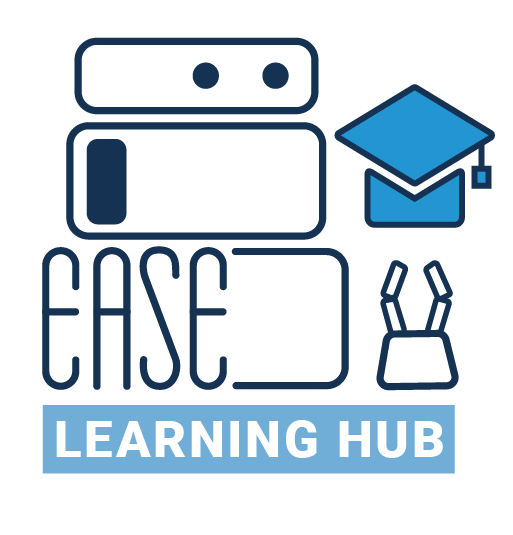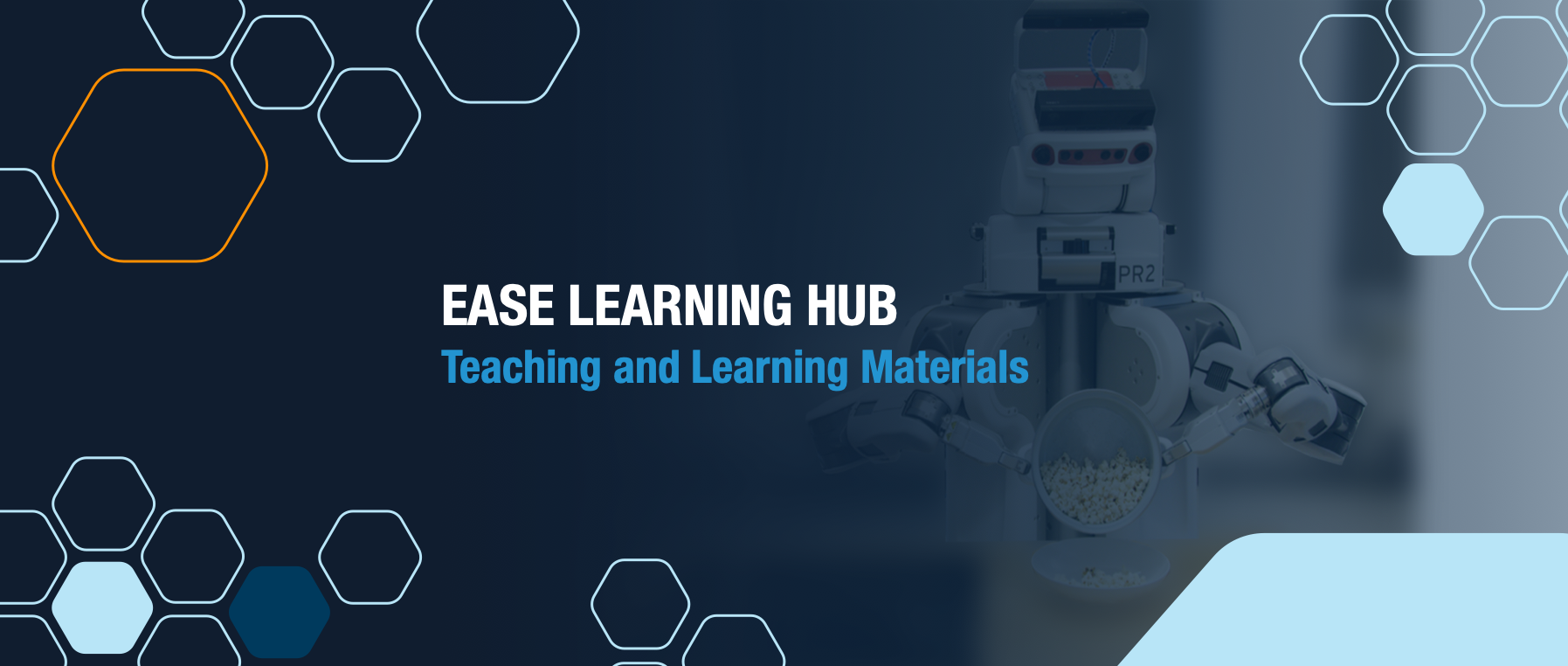Data for Robot Manipulation
Part 2: In his equally interesting follow-up lecture, Animesh Garg continues to explore compositional planning and multi-step reasoning, i.e. when a robot is supposed to do multiple tasks in a certain structure. He also examines robot perception via structured learning through instruction videos, and tackles the question of how to collect the data required for robot learning.

